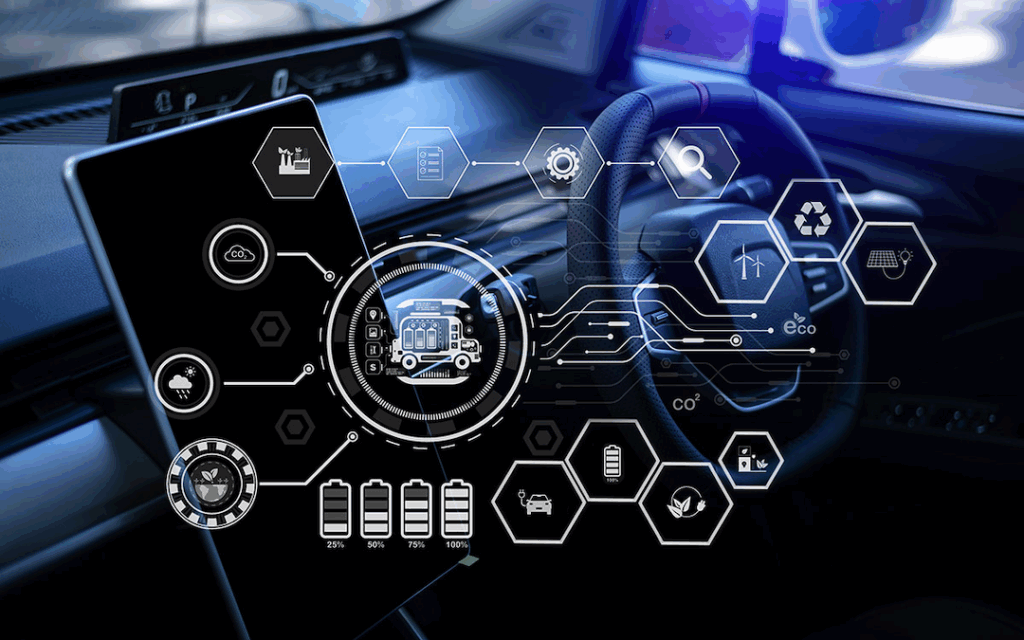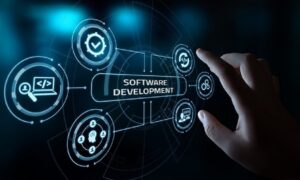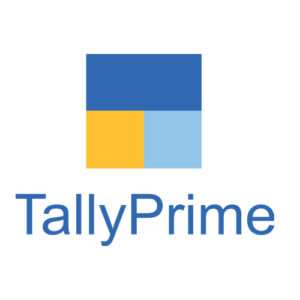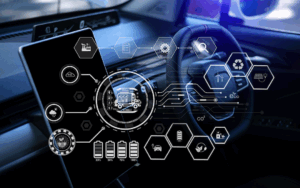
From inventory tracking to in-vehicle infotainment, the automotive industry no longer runs solely on machinery and metal. Behind the scenes, intelligent code is steering everything—and both OEMs and dealerships are feeling the shift. Today, automotive software development services are no longer optional support—they’re becoming the strategic engine powering modern automotive businesses.
For OEMs and dealerships alike, success in 2025 means aligning not just with market trends but with digital transformation. And that starts with understanding the critical role software now plays across the board.
Software is Now the Heart of the Vehicle
Modern vehicles are essentially rolling computers. Navigation, safety alerts, remote diagnostics, and autonomous features are all managed by complex software. This means manufacturers can’t afford to treat software as an afterthought. Every button press, sensor input, and screen tap is processed by a system that has to be fast, accurate, and secure.
That’s why an automotive software development company has become a strategic partner in the product development process—not just a vendor writing code but a co-creator of the vehicle experience.
The OEM’s Competitive Edge Is Now Digital
Vehicle design and performance still matter—but what really differentiates a brand today is its technology layer. Features like smart driver assistance, predictive maintenance, and connected services are often what seal the deal with customers. And these features live or die by the quality of the automotive software running them.
OEMs that invest early in scalable software systems not only launch faster but also future-proof their models for upcoming innovations, including over-the-air updates and data-driven customization.
Digital Dealerships: More Than Just Sales
For dealerships, the shift is equally dramatic. Selling a car is no longer just about the showroom floor. Customers now expect a seamless experience—from online browsing to digital paperwork to post-sale service reminders. A dealership’s digital backend needs to sync effortlessly with manufacturer platforms, CRM tools, and customer apps.
That’s where targeted automotive software development services make a major impact. They enable better tracking of leads, inventory, customer preferences, and even workshop schedules—all in real-time.
Inventory, Pricing, and Customisation at Scale
Inventory management and vehicle customization used to be laborious processes—full of spreadsheets, phone calls, and manual errors. Today, the software can centralize everything. OEMs can monitor production timelines, track dealer stock, and even sync color or feature preferences based on market data.
A reliable automotive software development company provides the tools to handle this level of operational intelligence—so decisions aren’t based on guesswork but on clear, actionable insights.
Service and Maintenance Are Getting Smarter
One of the most overlooked areas of innovation is the post-sale service experience. Dealerships that automate service reminders, predictive maintenance alerts, and appointment scheduling create better customer loyalty and smoother operations.
This is only possible when dealerships integrate advanced automotive software that connects the vehicle’s health data with the dealership’s service system. It’s proactive rather than reactive—saving time, reducing breakdowns, and building trust with customers.
Better Customer Data, Better Sales
Modern consumers expect personalized experiences. That means knowing when they’re due for a service, what kind of offers they’re likely to respond to, and even what models they’re most likely to upgrade to. This kind of personalization is powered by data—and managing that data requires serious software infrastructure.
Automotive software development services enable secure, real-time customer data processing—helping both OEMs and dealerships move from reactive service to proactive engagement.
Compliance and Cybersecurity Are Now Non-Negotiable
As more data flows through vehicles and dealership systems, the risks grow, too. Cybersecurity, data privacy laws, and compliance with industry standards are now core concerns—not fringe issues.
OEMs and dealerships need solutions built with these risks in mind. That’s why working with a specialized automotive software development company in india is critical. These firms bring experience with ISO standards, secure APIs, and layered protection protocols that keep both vehicles and data safe.
Building for Tomorrow’s Customers
Younger buyers are digital natives. They expect app-controlled cars, real-time updates, seamless upgrades, and touchless transactions. If OEMs and dealerships aren’t preparing now, they risk falling behind quickly.
From intuitive interfaces to integrated e-commerce, modern automotive software is reshaping how vehicles are sold, serviced, and experienced. It’s no longer about reacting to change—it’s about driving it.
Final Thoughts
The automotive landscape is no longer divided between physical and digital—it’s one seamless journey where vehicles and data move together. OEMs and dealerships that understand this are already gaining ground. Those that don’t will be playing catch-up. What is the common thread running through all successful operations? A strong software foundation.







